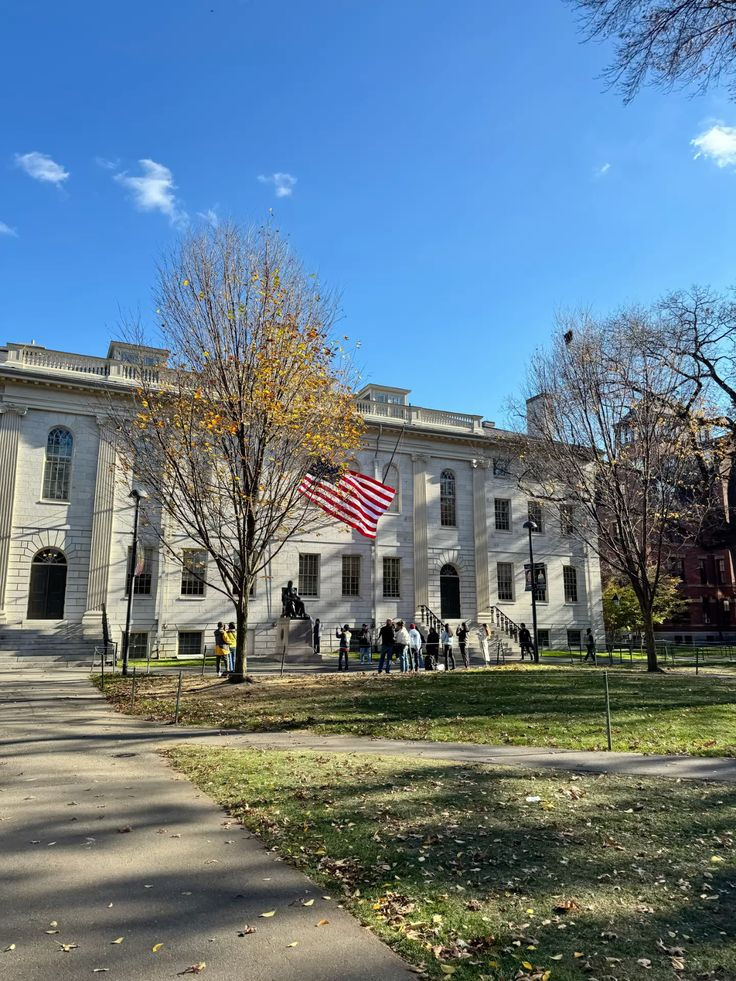Beyond the Traditional: How the Rise of 'New Ivy League Colleges' is Reshaping Higher Education Choices for International Students
- blogsunigoeducatio
- May 2, 2025
- 4 min read

The Enduring Allure of the Ivy League
For decades, the term "Ivy League" has held a unique prestige in the global education landscape. It signifies not just academic excellence, but also a network of influence, a rich history, and a gateway to unparalleled opportunities. For international students, the Ivy League universities – Brown, Columbia, Cornell, Dartmouth, Harvard, Princeton, the University of Pennsylvania, and Yale – have long represented the pinnacle of U.S. higher education. This branding carries immense weight, influencing perceptions of quality, career prospects, and even social standing back home. The pursuit of an Ivy League education is often a central ambition for ambitious students from Asia, Europe, the Middle East, and beyond.
Expanding the Definition of "Elite"
Traditionally, the Ivy League has been synonymous with the eight aforementioned private universities in the northeastern United States. However, the higher education landscape is constantly evolving. In 2025, Forbes Magazine released a list of "New Ivies," recognizing 20 universities that demonstrate elite academic standards comparable to, or even exceeding, those of the traditional Ivies. This list comprises 10 public and 10 private institutions, signaling a shift in how "elite" education is defined and perceived.
Forbes' "New Ivies" list is based on several criteria, including enrollment size, selectivity, and employer preferences. To be considered, private universities had to enroll at least 3,500 students and have an acceptance rate below 20%, while public universities needed at least 4,000 students and an acceptance rate below 50%. The Forbes survey of over 380 C-suite executives, vice presidents, and managerial professionals revealed a 37% decrease in the chances of hiring Ivy League graduates compared to five years prior. This suggests that employers are increasingly valuing the skills and experiences of graduates from these "New Ivy" institutions.
The "New Ivies" of 2025:

Here are the universities recognized by Forbes as the "New Ivies" in 2025:
Public New Ivies:
Georgia Institute of Technology-Main Campus
Purdue University-Main Campus
The University of Texas at Austin
United States Military Academy
University of Illinois Urbana-Champaign
University of Michigan-Ann Arbor
University of North Carolina at Chapel Hill
University of Pittsburgh-Pittsburgh Campus
University of Virginia-Main Campus
William & Mary
Private New Ivies:
Carnegie Mellon University
Emory University
Georgetown University
Johns Hopkins University
Northwestern University
Rice University
Tufts University
University of Notre Dame
Vanderbilt University
Washington University in St. Louis
Impact Analysis for International Students: A Broader Horizon
This development has significant implications for international students:
Expanded Options and Strategic Admissions:
The recognition of "New Ivies" broadens the landscape of potential target universities. International students are no longer limited to the traditional eight, or even the "Ivy Plus" schools (Stanford, MIT, Duke, and the University of Chicago). This expansion allows for a more nuanced and strategic approach to university selection, considering factors like specific program strengths, location, campus culture, and cost of attendance.
Shifting Perceptions:
While the Ivy League brand remains powerful, the rise of the "New Ivies" suggests a gradual shift in how U.S. higher education is perceived globally. As these institutions gain further recognition and their graduates demonstrate success in the global job market, their prestige will continue to rise. International students and their families may increasingly view these universities as equally desirable alternatives to the traditional Ivies.
Potential Benefits:
The "New Ivies" offer several potential advantages for international students:
Broader Academic Choices: These universities often excel in specific fields, offering specialized programs that may not be available at all Ivy League institutions. For example, Purdue University is a global leader in engineering, while Carnegie Mellon is renowned for its computer science programs.
Cost Considerations: While still expensive, some of the public "New Ivies" may offer a slightly lower cost of attendance compared to their private Ivy League counterparts. This can be a significant factor for international students and their families.
Reputational Edge: The "New Ivies" are increasingly recognized by employers, both in the U.S. and globally. Graduates from these institutions are highly sought after, demonstrating the value of their education and the skills they possess.
Broader Education Trends: Navigating a Competitive Landscape
The increasing competitiveness of traditional Ivy League admissions is a well-documented trend. Acceptance rates at these institutions have plummeted in recent years, making it increasingly difficult for even the most qualified students to gain admission. This has led many international students to explore alternative options, including:
"Hidden Ivies": These are highly-regarded liberal arts colleges that offer a similar level of academic rigor and a strong sense of community. Examples include Williams College, Amherst College, and Swarthmore College.
"Public Ivies": This term refers to top-tier public universities that offer an Ivy League-caliber education at a more affordable price. The "New Ivies" list overlaps significantly with the concept of "Public Ivies."
"New Elite" Universities: The rise of the "New Ivies" reflects a broader trend of emerging elite universities that are challenging the traditional hierarchy of higher education. These institutions are often characterized by their focus on innovation, research, and preparing students for the demands of the 21st-century workforce.
Final Words
The landscape of U.S. higher education is dynamic and evolving. While the traditional Ivy League universities continue to hold a place of prominence, the rise of the "New Ivies" offers exciting new opportunities for international students. As you embark on your higher education journey, I encourage you to explore these emerging elite universities, keep an open mind, and consider the institutions that best align with your academic goals, career aspirations, and personal preferences. The perfect university for you might be one you haven't even considered yet!
Would you like to explore any of these "New Ivy" universities in more detail, or discuss specific academic programs that might be a good fit for you?
Click Here to book a 1:1 Consultation















Comments